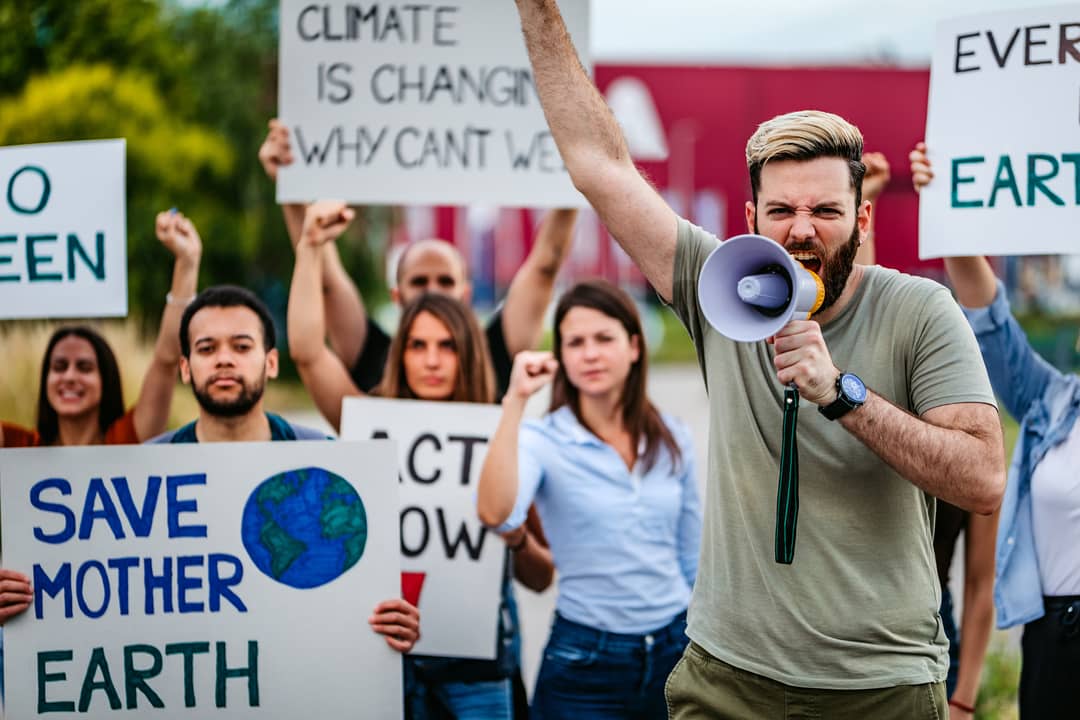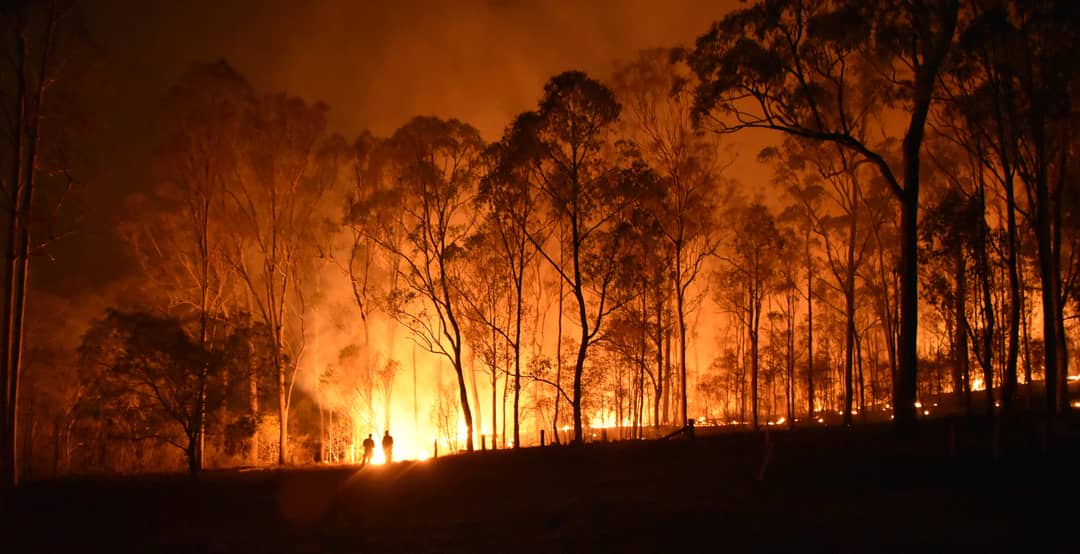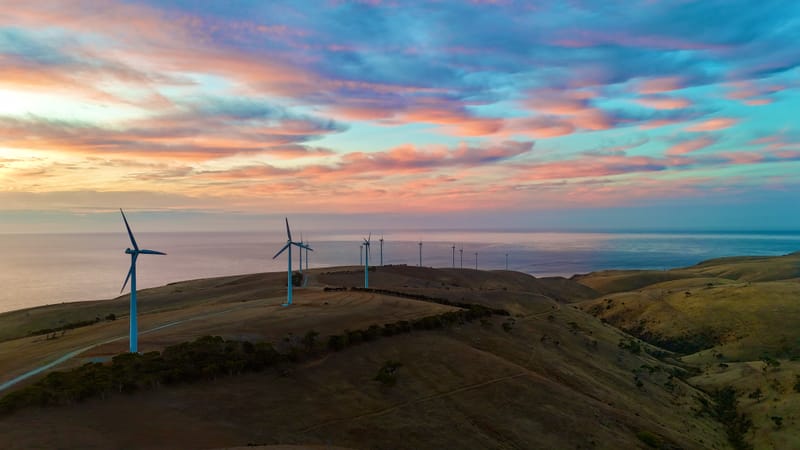
Pre-election polls are showing climate change is at the top of voter concerns this election, yet campaigning on climate is not a feature of the 2022 election.
A recent survey of 3045 Australians by the Monash Climate Change Communication Research Hub (MCCCRH) has found 59% of the population believes climate change should be a high or very high priority for the prime minister and parliament, including almost half of Coalition voters.
"Climate change policy should be one of the key issues for voters in this election."
Thank you to the @SMH (and @theage in Melbourne) whose editorial today supports the need for urgent climate action and reminds voters what the party leaders avoid saying.https://t.co/0INATQdLOD pic.twitter.com/3D1PvDks49— Climate Action Burwood Canada Bay (@ClimateBCB) May 12, 2022
But, the major parties have learned that you can so easily be damned if you talk about climate change – as witnessed by the fact that so many Australian prime ministers have been sacrificed over the issue.
Climate change has been responsible for no fewer than seven of our political leaders being deposed in the 12 years up to the last election.
It is no wonder the major parties want to steer clear of climate change.
But this is the first election to follow Black Summer, the most devastating climate-fuelled event witnessed by Australians, and this year by east coast floods that were the costliest since European colonisation.

So, as we’re seeing, the major parties can also be damned if they don’t address climate change, with a plunge in their primary votes and a speculation that the coalition or Labor may not be able to form government in their own right.
Excluding climate change from their campaign platforms is only going to help the Climate 200 independents, rather than making them irrelevant.
To counter this, the major parties are appealing to the idea that they’ll be able to offer stability, compared to taking in an elected cross-bench in order to govern.
But it’s precisely around climate change that this argument doesn’t wash.
Firstly, incessant major party division over climate change has led to them losing office.
Secondly, the only time in the past 20 years when Australia saw real action on climate change was during the Gillard years of skilful negotiation with minor parties to pass the Clean Energy Act, which saw Australia’s greenhouse gas emissions actually decline between 2012 and 2014. In every other year, they’ve gone up.
In Australia, climate change has historically divided the population into six categories:
- Alarmed
- Concerned
- Cautious
- Disengaged
- Doubtful
- Dismissive
Recent surveys by Climate Change Communication Research Hub (MCCCRH) show these divisions are true today, but that many more Australians have shifted to the alarmed end of the spectrum, with a drop in the doubtful and disengaged.
Moreover, the MCCCRH survey conducted in February shows climate change is actually becoming more bipartisan, with Coalition voters demonstrating the greatest shift.
More than 3000 Australians were surveyed by the MCCCRH earlier this year to understand their knowledge, attitudes, beliefs and behaviours regarding climate change and its impacts and solutions – particularly in the context of their political views and likely votes in the upcoming federal election.
Half of Coalition voters believe Australia needs to reduce its greenhouse gas emissions irrespective of what other countries do, with this figure rising to 62% across all voters.
Monash researchers also found that 71% of voters are in favour of environmental laws that force companies to curb their emissions and pollution, including 70% of Coalition voters.
The survey revealed that while the majority of voters believe climate change is a high priority, there was a lack of understanding of key terms and technology used to combat climate change.
Fewer than half of Australians (44%) understood what the terms “renewable energy” and “net zero” mean, and just 42% understood “carbon farming”.
Just under a third of Coalition voters believe Australia’s net zero target should be brought forward from 2050 to 2030, with this support existing irrespective of whether or not people correctly understood what the term “net zero” means.
Read more: Pacific Island countries lead the world in reporting on global warming
The survey found that people’s understanding of key technology doesn’t reflect their perceptions of the importance of these technologies for addressing climate change, but without that understanding it’s difficult for people to work out how effective different policies will be, and which they want to support.
For example, green hydrogen was seen as very to extremely important by 45% of people, but only a quarter of respondents correctly understood what the technology is.
This suggests that irrespective of political alignment and levels of understanding of the complexities of climate change and its technological solutions, a majority of voters are heading to the polls wanting stronger climate policies.





